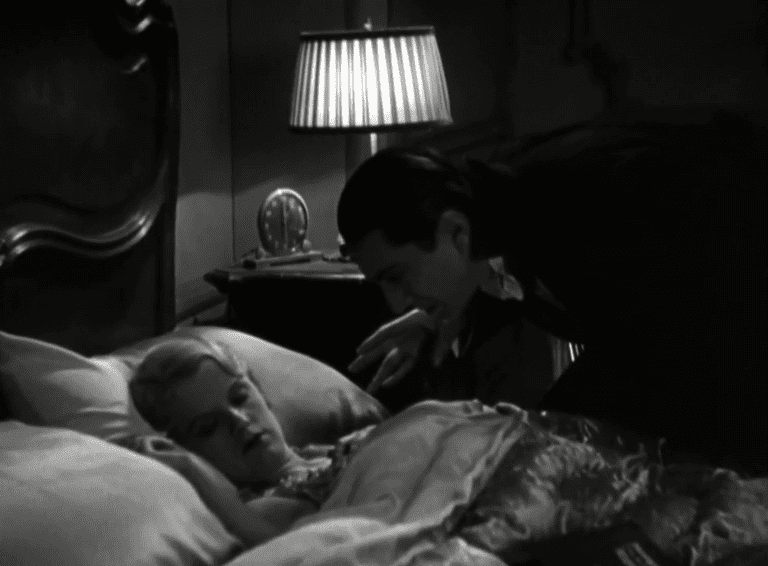
The moribund and never-changing website of the Interpreter Foundation continues to post new items. Here’s one that went up earlier today: Interpreter Radio Show — August 11, 2024
For the 11 August 2024 episode of the Interpreter Radio Show, Terry Hutchinson, Mark Johnson, and Kevin Christensen discussed Come, Follow Me Book of Mormon lesson 36, the recently-concluded FAIR Conference, books on Bruce R. McConkie and Joseph Fielding Smith, the completion of the Book of Mormon Critical Text Project, and Kevin’s latest article in Interpreter: A Journal of Latter-day Saint Faith and Scholarship.
Their discussion was recorded, and it has now been edited, archived, and made available for your edification and delight. The “Book of Mormon in Context” portion of this show, for the Come, Follow Me Book of Mormon lesson 36, will also be posted separately, on Tuesday, 27 August 2024.
A vast international audience tunes in live each and every week of the year to the Interpreter Radio Show. Streets and public parks are deserted worldwide on Sunday evenings from 7 to 9 PM (MDT), on K-TALK, AM 1640. In such places as Pyongyang and Provo, where live on the Internet at ktalkmedia.com.

Here is an article that some might find of interest: “The True Origins of the CES Letter: Was the CES Letter an honest plea for answers? Rather than a sincere letter, it was a calculated deception to undermine faith.”
And here’s a loosely related item: “Church continues to expand resources for those with gospel questions: The Church’s efforts to help individuals find answers to gospel questions continue to expand within the Gospel Library”

(Arnold Friberg, LDS Media Library)
In our Sunday school lesson yesterday, one of the verses that we read was Alma 43:30, from the Book of Mormon. It’s speaking about the great Nephite general Moroni:
And he also knowing that it was the only desire of the Nephites to preserve their lands, and their liberty, and their church, therefore he thought it no sin that he should defend them by stratagem; therefore, he found by his spies which course the Lamanites were to take.
Now, I realize that my small anonymous cadre of dedicated critics will want to say that I take this verse as my charter for a no-holds-barred apologetic defense of the Church and its claims, uninhibited by ethical restraints or moral scruples. (They are what they are.) But that’s not what I choose to discuss here.
For some reason, reading that verse, I thought of a gripe that has bothered me in a number of Hollywood films. The one that I have specifically in mind here is the 2012 movie Jack Reacher, starring Tom Cruise in the title role, along with Rosamund Pike, Werner Herzog, and Robert Duvall. But the kind of clichéd scene that I’m thinking about has appeared in numerous productions:
The villain is thoroughly evil and apparently in complete control of things. Along, though, comes our hero, who systematically and brilliantly fights his way through the cadre of the minions who serve the villain. Finally, it’s one on one against the evil archfiend who has masterminded all of the cruelty and injustice that have occurred in the story. (In Jack Reacher, the one-on-one confrontation is with the pitiless chief enforcer of the criminal mastermind, “Zek Chelovek.”)
At this point, our hero has the bad guy cornered. Perhaps he has fought him to the point of defeat and even disarmed him.
But now comes the point that irritates me. Our hero decides to make it a “fair fight.” He grandly throws his weapon to the ground, thereby foregoing the advantage that he has gained, often at considerable cost. Rather, he chooses to fight his opponent as an equal, hand to hand, or something like that. (Commonly, of course, the villain, being a villain, will suddenly produce a hidden knife, or something of that sort. Villains, you see, feel no internal commitment to the idea of a “fair fight.”)
Can anybody out there think of additional examples from television or the movies where the hero decides to yield up his advantage and fight a monstrously evil victim on “even ground”?
Whenever I come across such a scene, I want to scream out “No! You have no obligation to make the fight ‘fair’ or to give your opponent a ‘sporting chance’!” He’s evil, he started it, the consequences of his winning would be dreadful, and you should just defeat him, once and for all.
In the 2012 Jack Reacher film, to continue with that specific example, Reacher surrenders his advantage over the absolutely conscienceless henchman of “Zek Chelovek” in order to fight him hand to hand. Which makes for some really gripping film. And, of course, we know that this is Jack Reacher. He’s not going to lose. But all it would really take, in the actual world, is a failure to get the proper footing, just once. Or a slip in the rain and the mud. Just one small shift. An inferior fighter can get lucky and defeat a superior fighter. It happens.
Meanwhile, the fate of Rosamund Pike’s character is hanging in the balance. If Reacher somehow loses, she will most definitely be murdered. She knows too much. And, in that case, “Zek Chelovek” will continue his vicious criminal career, which has already taken the lives of more than half a dozen people in this story alone and which, we’re given to understand, extends many years into the past, with innumerable victims.
I simply see no reason for our hero to be “sporting” with someone who is gratuitously and lethally evil. All such movie heroes should learn a lesson, instead, from the example of Indiana Jones.
I parcel these horrifying items from the Christopher Hitchens Memorial “How Religion Poisons Everything” File™ out incrementally, in small doses, because I don’t want to overwhelm anybody out there with dark despair. So here’s a pair out of the South Pacific:

















